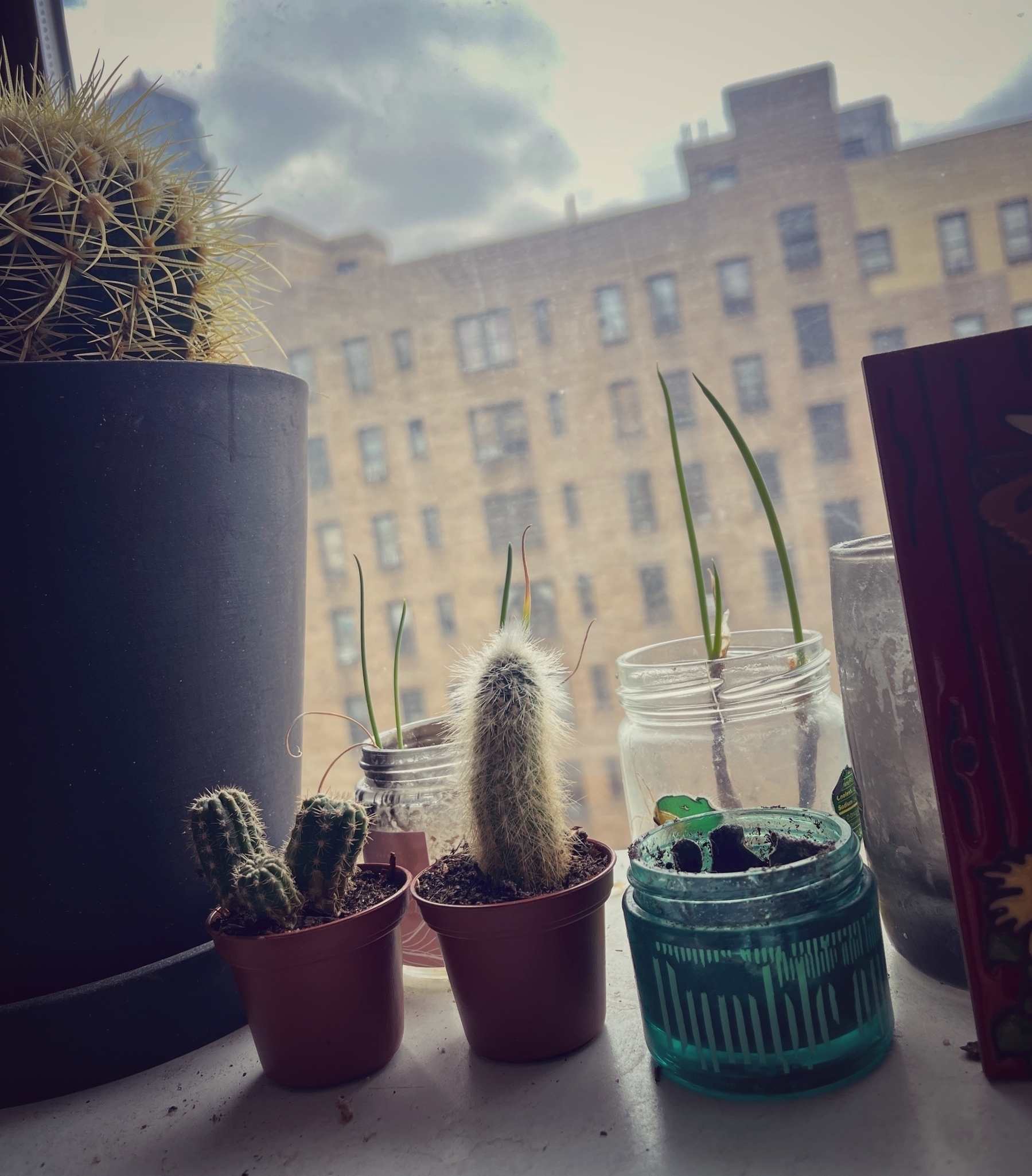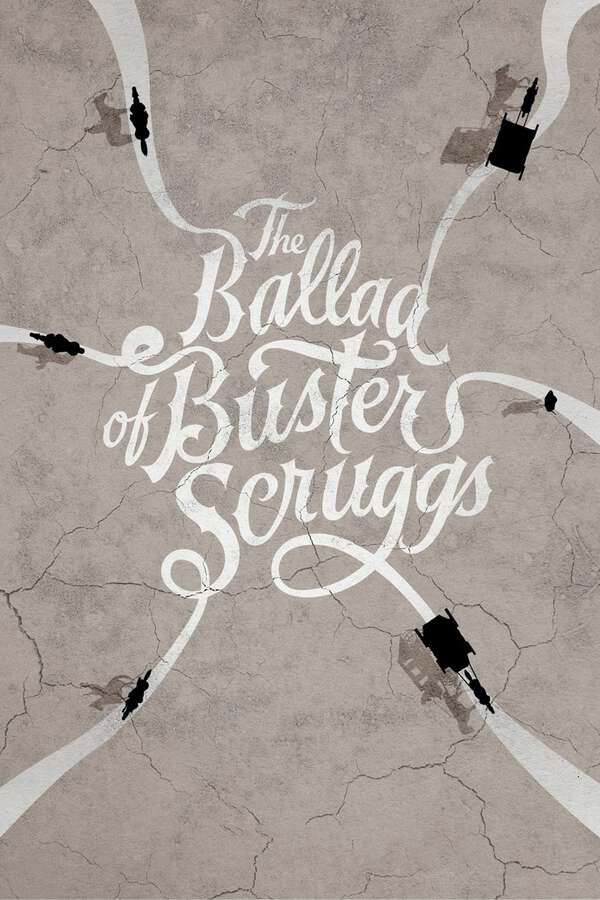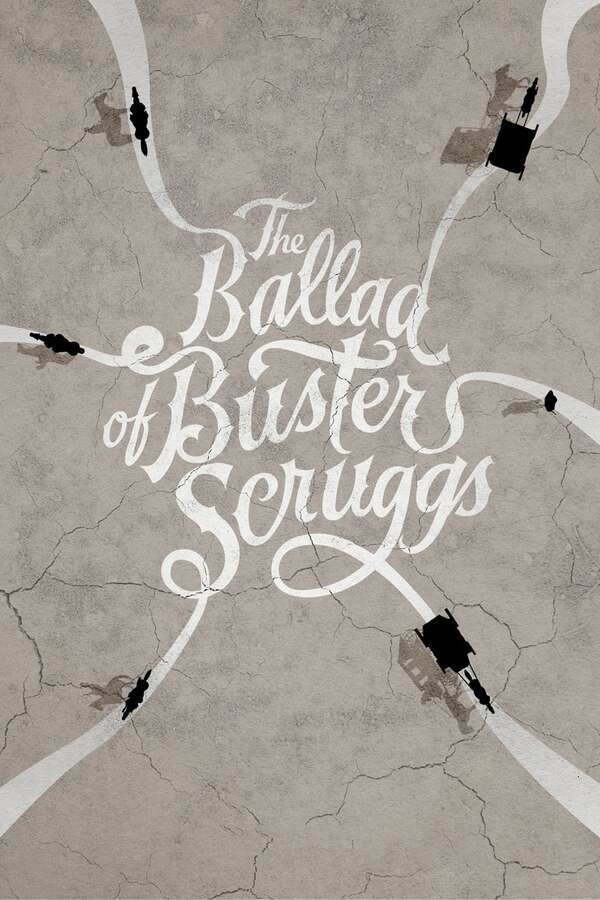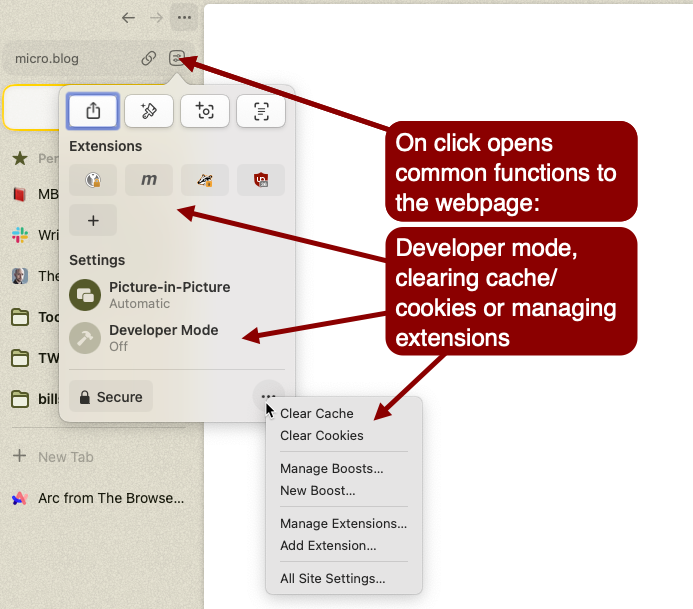
So I gave up on Entangled Life by Merlin Sheldrake 📚 a few weeks back. I found that the more I read, the more I forced myself to keep it up. It’s an OK book, well written, but there isn’t much content, and it seems like the author is repeating the same points over and over. Still, I learned fascinating things about mushrooms (for one, they’re not really plants; for another, they are the most likely to cause a zombie apocalypse), and I have way more respect for them now.
I guess it’s my turn to test Scribe from @amit. I’m especially interested in it because I tend to use the micro.blog web interface often. My tool of choice when writing long-form is Emacs. This post is in Scribe, and I closed the tab by mistake. Good test because when I re-opened Scribe, what I wrote was right there. It’s very clean, and I like the font of choice. It doesn’t look like it works with Grammarly (which I use in my browser), but that might be because of my own configuration on this Mac.
Another good design call is Markdown formatting when highlighting text. Some options are missing (like strikethrough, which I’m trying out above, and links), but most writing functions are there.
Somewhat better now… Added a bunch of my old posts with photos to the photos category, so they now show on the photos page. Photos, just to say the word one more time.
Meh. A second morning of poor sleep. The humid grey depressing weather outside doesn’t help much. I need the energy to work on several projects, but I’m all out. A stamina potion would be nice.
Cactus test, from the kitchen window 📷.

This weekend, I wiped my Windows partition and managed to delete my local Linux backup & games with it. Reinstalled Windows. Windows was happy to kill Grub. Fixed Grub. Found out I can’t boot into my Linux Mint partition. On the other hand, Windows can now finally handle VMware, so I’m setting up a virtual Linux machine for my Linux needs. Windows runs smoothly like it hasn’t for more than a year, making it a good gaming experience.
A new S3 Video..! About time.
In this video:
- Arc browser
- My new Photos page, why, and what it shows
- How to talk to people - a podcast
- Using the iPhone (or just using a "normal" smartphone again)
- How much should we blog? (inspired by Jack's blog)
- A couple of updates
The Ballad of Buster Scruggs, 2018 - ★★★

A collection of shorts by the Cohen brothers that takes place in their favorite time period. Some are golden nuggets, and some are just, well, ain't that good. All in all, it was fun to watch them. I don't think I can go wrong with the Cohen bros. Solid and fun acting, good storytelling, and symbolism you may or may not miss.
The Ballad of Buster Scruggs, 2018 - ★★★

A collection of shorts by the Cohen brothers that takes place in their favorite time period. Some are golden nuggets, and some are just, well, ain't that good. All in all, it was fun to watch them. I don't think I can go wrong with the Cohen bros. Solid and fun acting, good storytelling, and symbolism you may or may not miss.
It’s all a matter of perspective 📷.

Today we ran out of almond milk, so I tried flax milk. Bleeeh 🤢. Not a fan. I will need to make myself a regular latte later. Almond and sometimes oat milk with 0g sugar please, That’s how I roll.
Today’s album: “sharp mornings” 📷

How much should we blog?
Jack is taking down his RSS feeds for his detailed “vents” and going back to the regular RSS posting. This had me thinking.
How much of what goes on our minds should we put on our blog? Should we include random details throughout the day? A summary at the end of the day? Maybe a more thorough post every week?
When I switched over to Micro.blog, I started to post more often. This blog is very easy to interact with, so posting several times a day comes as second nature. As a matter of fact, I’m sitting at the park right now dictating this post into my iPhone. I might look at it later and edit some of the text, but I don’t feel I have to. This is a stream of thought, and I believe people who read this post feel the same way.
If you take a look at my old blog, you’ll see that most of my posts there tend to be longer, with more information and links. I still write down information like this, but not in this blog - at least, not often.
That leads me to another question: how much should we reveal about ourselves? Where is the line beyond which things become too personal or too private? There are a couple of things I said on this blog I wouldn’t have thought of saying a couple of years ago. Times change, life changes, and with those, our confidence and ability to express ourselves.
There are only two kinds of readers of this blog: those that are interested and those who are not interested. Interested readers will stick around and may leave a comment; those who don’t will skip this post. This is an oversimplification to a degree, but I do think this includes roughly 80% of the people who come here.
There’s nothing here I wouldn’t tell my grandma, as the saying goes. Likewise, I try not to be negative in general, and if I talk about someone specifically, I won’t use their name. That’s just common courtesy. As long as I do that, I think I’m in the clear.
With all that said, writing opinions in the open and understanding what goes and what we’re comfortable with takes time and practice. It’s easy for me to say the things I said above after more than a decade of writing different blogs.
What about you? Do you have a line of how much you share and to what degree? How did you decide, or maybe you haven’t, maybe you’re stuck?
Time to wake up and smell the coffee ☕. Ethiopian French roast 📷.

Guuhhhhh, I’m getting desperate here.
Does anyone know of a way to export an Excel sheet to a clean table in HTML? Saving a sheet to htm (it’s not HTML in Excel) file shoves all kinds of style elements into the code that ruins it.
Pre-coffee.

Embracing the iPhone: Week 1
About a week ago, I wrote I miss the nice things about having a “real” smartphone. Since then, I started using my iPhone almost for everything besides the most private and some communications on Signal. I found out a couple of surprising things!
The Unexpected
As an advocate of smaller phones (I have an iPhone mini, which I think is the perfect size. My Android is a regular Pixel 6) turns out I actually prefer the bigger screen size for reading. The smaller screen has even less room when I need to increase the font size, especially if I don’t have my glasses on. Reading a book on the bigger Pixel is better.
Then there are the photos and videos. Both phones take excellent photos with the stock camera apps, but in my opinion, Google’s camera software1 is slightly better than Apple’s. That’s because of its additional smart editing and integration with Google Photos and its AI. The iPhone insists on taking videos in MOV format instead of MP4, which adds another layer of complexity when I want to upload and store my videos. I don’t see the advantage to Apple’s native videos/photos format, especially since my photos often go into Photoshop and my videos to Camtasia for editing. So, as far as taking photos and videos - I find my Pixel to be better for my use case.
Annoying ads are yet another thing that I found the iPhone handles worse than the Pixel. Pop-ups, in-your-face flashy animation, and other ads with a tiny “X” you easily miss and tap your webpage away are everywhere on the iPhone. The smaller screen makes those even more annoying, so much so that I avoid clicking links to articles altogether. My Android seems to filter much more of these annoyances, partly because of the browser (Firefox Focus at the moment, which has a good reading mode) and partly because of components integrated into GrapheneOS. Those of you who use iPhones: how do you deal with this?? It’s so infuriating and frustrating! Is there a way you avoid those?
The Expected and Exceeding it
Some things the iPhone does better, and some it does much better. Here are a few things that I found refreshing as an Android user.
First, Apple Maps has come a long way since I used it years ago. In my opinion, Apple Maps is now even better than Google Maps. That’s because it has just enough information to make things useful, especially in NYC. Google Maps is causing me information overload. While I find that I miss the location reviews and charts of when a place is busy and not, these are mostly just perks.
Speaking of getting around, the iPhone has an “express” option to pay for NYC Subway without even using face recognition. This is fast. You’d think that waving your credit card at the turnstile is just as fast. Well, it isn’t. By the time you take out your wallet, pull out your credit card from its tight pocket, and then wait for the thing to register against the reader, you’ve lost 10-15 seconds. In a busy NYC subway system, that’s the difference between missing your train or getting someplace on time.
Scanning and recording notes is another thing the iPhone is better at. Google has Keep and Google Drive, but the integration and elegance are not there. Notes is much more polished and seems more mature, even though I think Google Keep has been around for longer. Scanning is a pleasure to use, and the fact that I can scan PDFs directly into my Synology (where I keep my documents) without going through a cloud (Google’s or Apple’s) is huge. The fact that I can sign and annotate those on my iPhone while they are open on the Mac for highlights and comments is mind-blowing. This is the kind of magic Apple is known for.
Speaking of magic: I found myself using the iPhone’s measurement tool just for fun. The thing is phenomenal. Meanwhile, my mom was blown away by the magnifier tool, which also comes with an option to brighten the screen app. No more camera flashes in dark bars and restaurants…! It’s these small things that make the iPhone surprisingly useful when you don’t think about it.
A Disclaimer…
It’s not possible to write an Android/iPhone post these days without annoying someone about their favorite tech. I’m aware that writing a disclaimer won’t help much either, but I’ll try.
First, again, I’m using GrapheneOS, which is aimed at privacy geeks. As a result, many features of the Pixel phone are not there. That said, I’ve used Google Pixels since they started (and before that, with the Nexus phones.)
Then, of course, these are my opinion. I used to wave away many of the iPhone benefits I listed above until I started using them. I understand you can get by with app X and write a script to get around option Y, which is what I’ve been doing myself for years. The point is that with the iPhone, I don’t need to.
Footnotes
1 - My Android has GrapheneOS now, which means Google’s camera and photos are not present without an additional installation. I installed Google Camera almost immediately, as taking photos is important to me, and GrapheneOS’s camera is basic at best. I’m trying to hold back on Google Photos, but I think it’s a losing battle.
This is the second episode on this podcast I listen to, and so far it’s pretty interesting. This episode talks about public spaces, and how today we developed a stigma that pushes us away from those. As a result, we interact less with strangers and undermine our social life.
How to Talk to People: The Infrastructure of Community on Apple Podcasts podcasts.apple.com
Reader: podcasts.apple.com
The photo page on the blog is now set to post any photos (in JPEG format, not PNG, so screenshots are not included). I like to take pictures, and I figured having an easier way to post them makes more sense. My Glass photos are also up for more stuff.
I’m trying Arc browser (thanks to @jack) and I’m hooked. So far it passed the test of “there’s an emergency at work, I don’t have time to learn how to use a new browser” by being 150% intuitive and working with everything I threw at it. Nice.
Here’s one example (of many):

